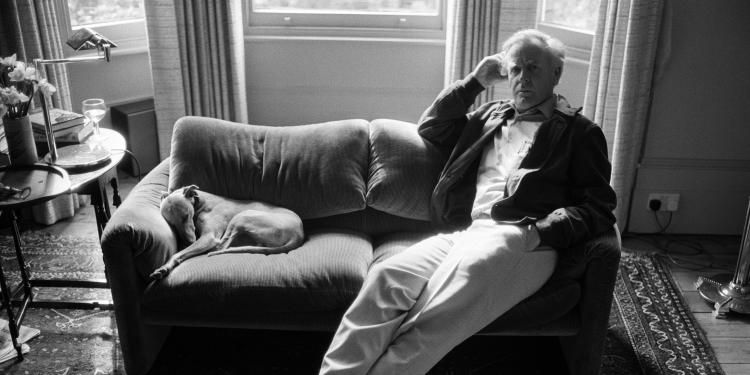
John le Carré
David John Moore Cornwell, better known by his pen name John le Carré, was a British author, best known for his espionage novels.
During the 1950s and 1960s, he worked for both the Security Service (MI5) and the Secret Intelligence Service (MI6). His third novel, The Spy Who Came in from the Cold (1963), became an international best-seller and remains one of his best-known works. Following the success of The Spy Who Came in from the Cold, he left MI6 to become a full-time author. His books include The Looking Glass War (1965), Tinker Tailor Soldier Spy (1974), Smiley’s People (1979), The Little Drummer Girl (1983), The Night Manager (1993), The Tailor of Panama (1996), The Constant Gardener (2001), A Most Wanted Man (2008), and Our Kind of Traitor (2010), all of which have been adapted for film or television. According to his son Nicholas, le Carré took Irish citizenship shortly before his death.
John le Carré was shortlisted for The Man Booker International Prize 2011.
Background
Between 2005 - 2015, the Man Booker International Prize recognised one writer for their achievement in fiction.
Worth £60,000, the prize was awarded every two years to a living author who had published fiction either originally in English or whose work is generally available in translation in the English language.
The winner was chosen solely at the discretion of the judging panel and there were no submissions from publishers.
The Man Booker International Prize was different from the annual Man Booker Prize for Fiction in that it highlighted one writer’s overall contribution to fiction on the world stage. In focusing on overall literary excellence, the judges considered a writer’s body of work rather than a single novel.

